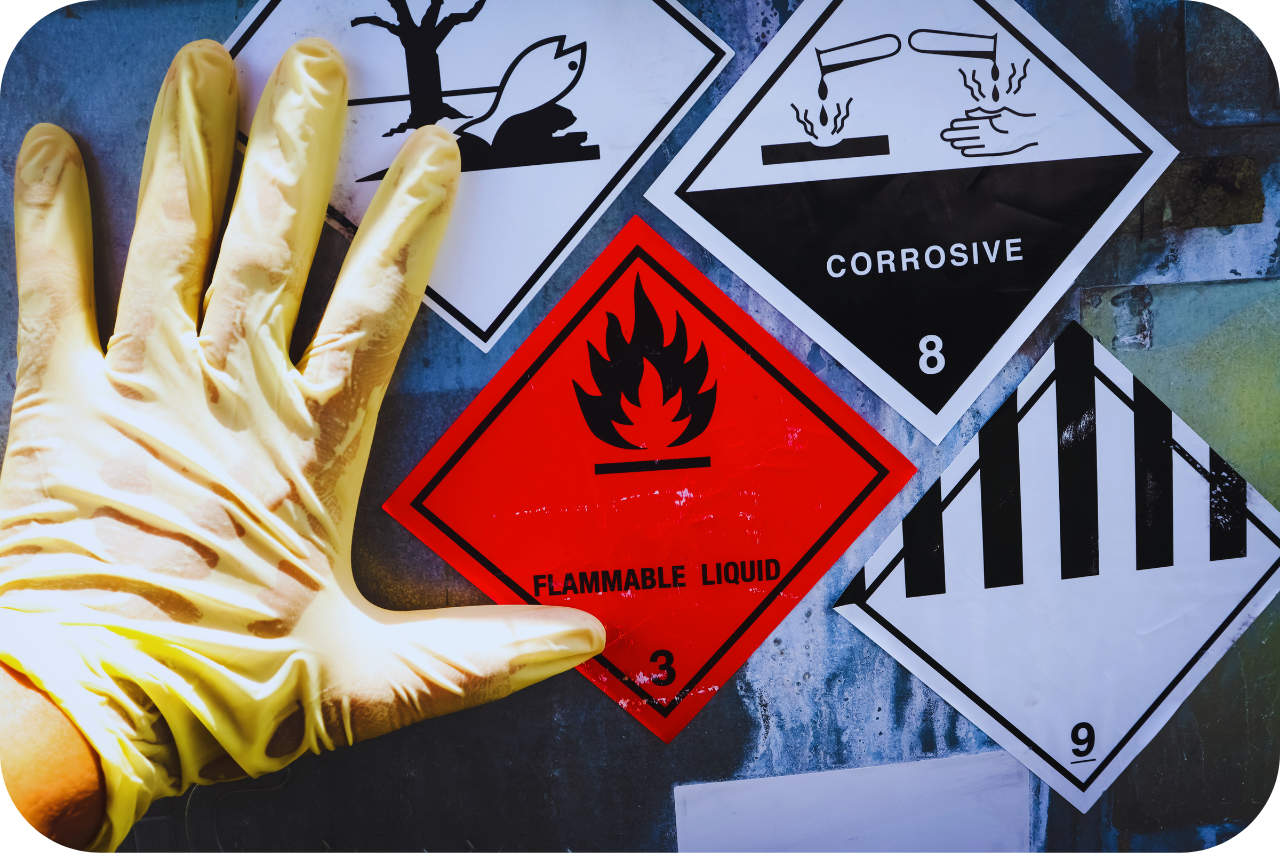Roar Solutions - An Overview
Roar Solutions - An Overview
Blog Article
The Facts About Roar Solutions Uncovered
Table of ContentsHow Roar Solutions can Save You Time, Stress, and Money.The Ultimate Guide To Roar SolutionsUnknown Facts About Roar Solutions
In order to safeguard installations from a possible explosion a method of evaluating and identifying a potentially unsafe location is needed. The purpose of this is to guarantee the right selection and installment of equipment to ultimately prevent a surge and to make sure safety of life.
(https://www.cybo.com/AU-biz/roar-solutions)
No tools needs to be installed where the surface temperature of the equipment is higher than the ignition temperature of the offered danger. Below are some common dust harmful and their minimal ignition temperature level. Coal Dust 380C 225C Polythene 420C (melts) Methyl Cellulose 420C 320C Starch 460C 435C Flour 490C 340C Sugar 490C 460C Grain Dust 510C 300C Phenolic Resin 530C > 450C Aluminium 590C > 450C PVC 700C > 450C Soot 810C 570C The probability of the risk existing in a focus high enough to trigger an ignition will vary from place to place.
In order to identify this threat an installation is separated right into areas of threat relying on the amount of time the harmful is present. These areas are described as Zones. For gases and vapours and dirts and fibres there are three zones. Zone 0 Area 20 A harmful ambience is extremely most likely to be existing and might exist for long periods of time (> 1000 hours each year) or perhaps continuously Area 1 Area 21 A hazardous atmosphere is feasible yet unlikely to be present for long durations of time (> 10 450 C [842 F] A classification of T6 implies the minimal ignition temperature level is > 85 C [185 F] Hazardous location electric equipment possibly created for use in higher ambient temperatures. This would showed on the score plate e.g. EExe II C T3 Ta + 60C( This suggests at 60C ambient T3 will certainly not be surpassed) T1 T1, T2, T3, T4, T5, T6 T2 T2, T3, T4, T5, T6 T3 T3, T4, T5, T6 T4 T4, T5, T6 T5 T5, T6 T6 T6 A T Class ranking of T1 suggests the maximum surface temperature generated by the instrument at 40 C is 450 C. Presuming the linked T Class and Temperature level score for the equipment are suitable for the area, you can constantly utilize a tool with a more rigorous Division score than needed for the area. There isn't a clear answer to this concern sadly. It actually does depend upon the sort of equipment and what fixings require to be performed. Equipment with particular examination treatments that can't be performed in the area in order to achieve/maintain 3rd party rating. Have to come back to the manufacturing facility if it is before the devices's solution. Area Repair Work By Authorised Employee: Challenging screening may not be needed nonetheless details procedures might need to be adhered to in order for the equipment to maintain its third event ranking. Authorised employees must be used to execute the work appropriately Repair service need to be a like for like replacement. New component must be taken into consideration as a straight replacement needing no special screening of the equipment after the repair is full. Each tool with an unsafe ranking need to be evaluated separately. These are described at a high degree listed below, but for more thorough details, please refer directly to the standards.
Not known Incorrect Statements About Roar Solutions
The devices register is an extensive database of tools documents that consists of a minimum set of areas to recognize each item's location, technical criteria, Ex lover classification, age, and environmental data. The ratio of Comprehensive to Close inspections will be established by the Tools Danger, which is examined based on ignition danger (the chance of a source of ignition versus the chance of a combustible ambience )and the dangerous location category
( Zone 0, 1, or 2). Applying a durable Risk-Based Evaluation( RBI )strategy is crucial for ensuring conformity and security in handling Electric Equipment in Hazardous Locations( EEHA).
Fascination About Roar Solutions

In terms of eruptive danger, a dangerous area is an environment in which an eruptive atmosphere exists (or may be anticipated to be existing) in amounts that require special safety measures for the building, installation and use of devices. Roar Training Solutions. In this write-up we discover the challenges dealt with in the work environment, the risk control actions, and the called for expertises to function securely
It issues of modern life that we make, store or manage a range of gases or fluids that are regarded flammable, and a variety of dusts that are deemed flammable. These compounds can, in specific conditions, form explosive ambiences and these can have significant and heartbreaking consequences. Most of us recognize with the fire triangular eliminate any type of among the three aspects and the fire can not take place, however what does this mean in the context of hazardous locations? When damaging this down right into its simplest terms it is basically: a mix of a particular quantity of release or leakage of a particular material or material, blending with ambient oxygen, and the existence of a source of ignition.
In a lot of instances, we can do little concerning the degrees of oxygen in the air, but we can have significant influence on resources of ignition, for instance electric devices. Hazardous areas are recorded on the harmful area category illustration and are determined on-site by the triangular "EX-SPOUSE" indicator. Here, among various other key information, areas are divided right into 3 kinds depending on the hazard, the probability and period that an explosive ambience will exist; Area 0 or 20 is considered the most dangerous and Zone 2 or 22 is deemed the least.
Report this page